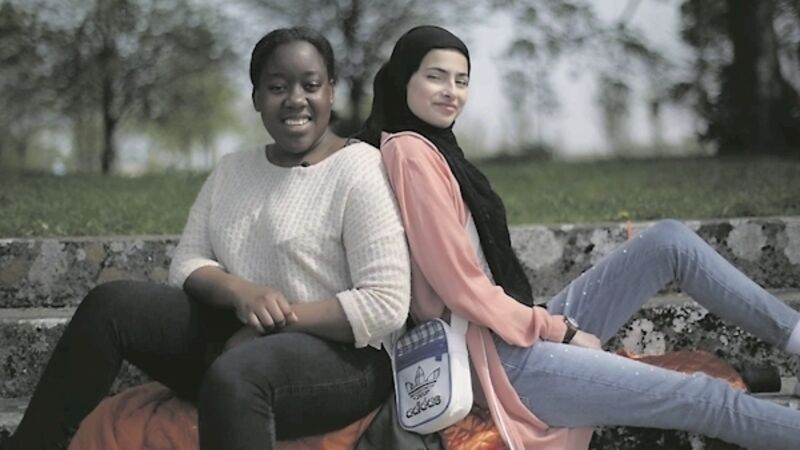Joyce Fegan: How teenagers Natasha and Minahil school our politicians in leadership

Inundated with ‘now and then photos’ on social media, New Year’s resolutions, and expert articles about how to make ever-lasting change, Natasha and Minahil seemed to be the only purveyors of inspiration this New Year
Our headlines already read: ‘Things are getting worse.’ We’re not even a week into the new year, the new decade.














